SEO’s Significance in Digital Marketing
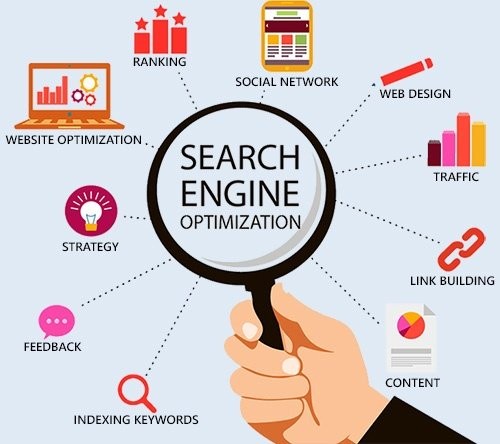
In the dynamic field of digital marketing, Search Engine Optimisation (SEO) is an essential cornerstone of success.
It’s more important than ever for organisations to comprehend the relevance of SEO as they increasingly focus on internet platforms.
This article examines the value of SEO in digital marketing, as well as its essential elements and top techniques that can help a company grow to new heights.
Knowing SEO
Fundamentally, search engine optimisation is the act of making a website more visible on search engines such as Google, Bing, and Yahoo.
The goal is to increase the website’s organic traffic by ranking higher for relevant keywords in search engine results pages (SERPs).
Keyword research, on-page optimisation, link building, and other tactics are all included in SEO.
SEO’s Function in Digital Marketing
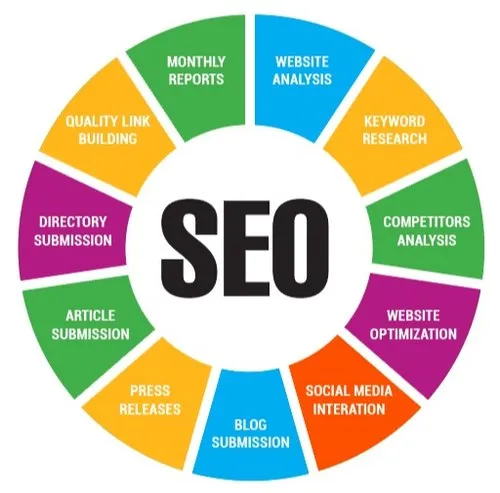
Digital marketing relies heavily on SEO for a number of reasons.
Enhanced Visibility and Traffic: A website that has been properly optimised has a higher probability of showing up on the first page of search results, which attracts a large portion of traffic.
Studies show that almost 75% of consumers never look past the search results page one. Being found where prospective clients are looking is therefore crucial.
Cost-Effectiveness: Organic traffic generated by SEO is virtually free, in contrast to paid advertising. The long-term advantages of consistent organic traffic far outweigh the expenditures, even though it could need an initial time and resource investment.
Budgets can be set aside by businesses for various marketing initiatives like social media marketing and content production.
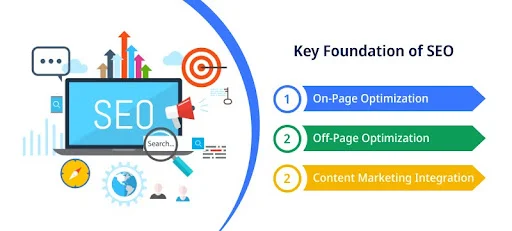
Credibility and Trust: People have a tendency to trust search engines, and a company’s presence on the first page suggests credibility to them.
Higher click-through rates (CTR) and trust are fostered by high rankings. Purchasing decisions may be influenced by brands that invest in SEO since they are frequently seen as leaders in the field.
User Experience: Enhancing the user experience is a key component of search engine optimisation, or SEO. Easy navigation, mobile friendliness, and website speed are all important factors that affect search engine rankings.
Not only does a good user experience aid in visitor retention, but it also motivates conversions.
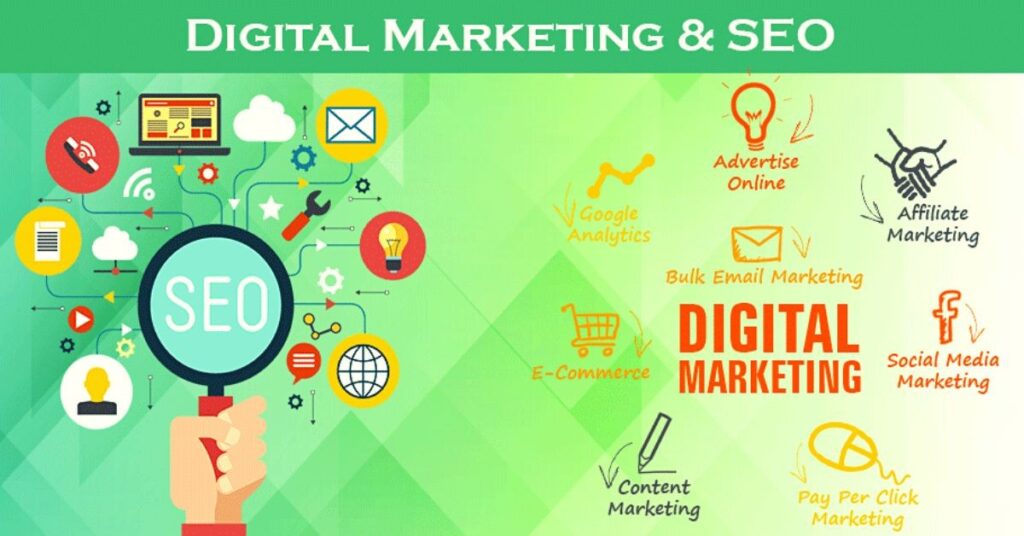
Targeted Traffic: By analysing search behaviour, SEO enables firms to focus on particular demographics.
Businesses can enhance the chance of conversion by optimising for relevant keywords that draw in customers who are actively looking for their goods or services.
Long-Term Strategy: The advantages of SEO continue for a very long time, in contrast to paid advertising, which ceases to provide leads as soon as the funding is depleted.
A website that is properly optimised can draw visitors for an extended period of time, which makes it a viable marketing tactic.
Essential Elements of SEO
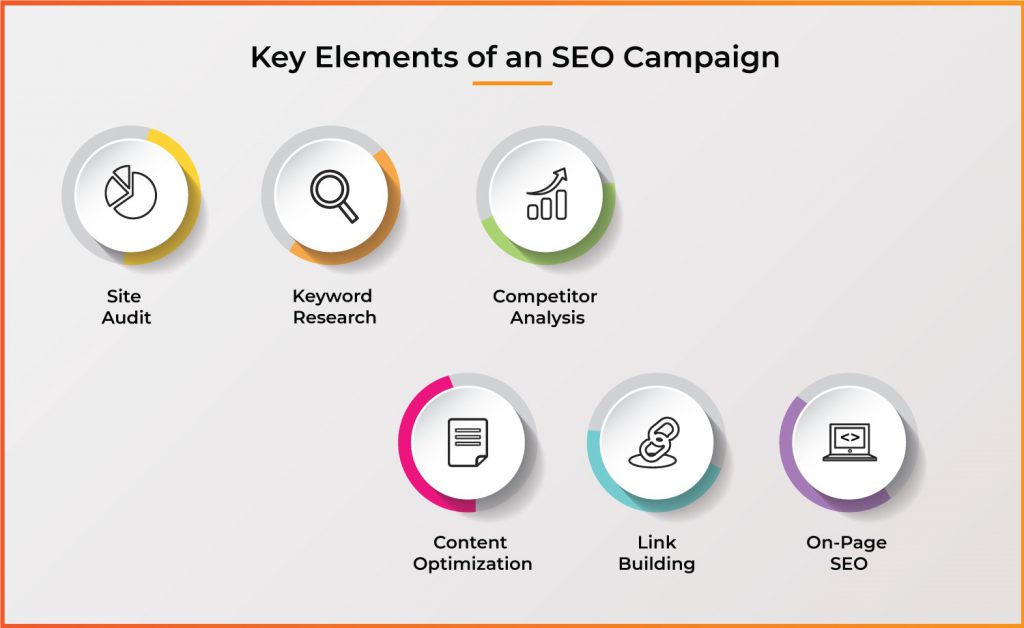
Understanding SEO’s fundamental elements is crucial to maximising its potential:
1. Research on Keywords
Finding the words and phrases that prospective clients use when searching for goods or services is known as keyword research. Marketers can identify high-volume keywords that are pertinent to their business with the aid of tools such as Ahrefs, SEMrush, and Google Keyword Planner.
Selecting the appropriate keywords is essential because they have a direct effect on the website’s capacity to draw in organic visitors.

2. Optimisation of the Page
The techniques used directly on the website to raise its search engine results are referred to as “on-page optimisation.” This involves content, header tags, meta descriptions, and title tag optimisation.
Every page should have a main keyword as its focal point while making sure the material is useful and instructive for visitors. Adding multimedia components, such as pictures and movies, can improve interaction as well.
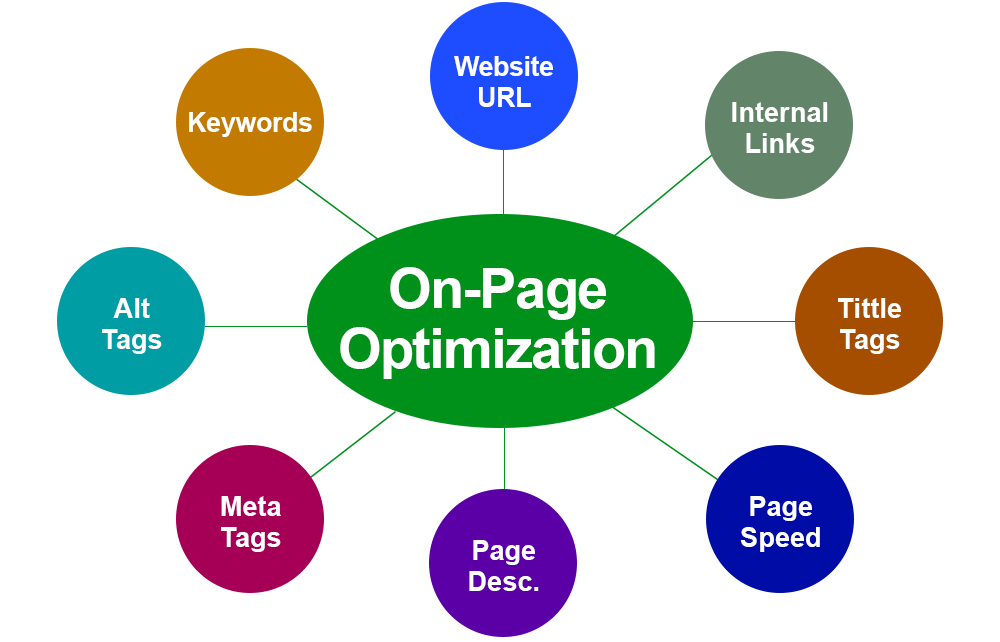
3. Technical Search Engine Optimisation
Technical SEO is making sure that the website’s backend is optimised so that search engines can efficiently crawl and index it.
Enhancing the site’s mobile friendliness, URL structure, performance, and XML sitemap are essential components. Resolving technical problems can greatly enhance a website’s search engine ranking.
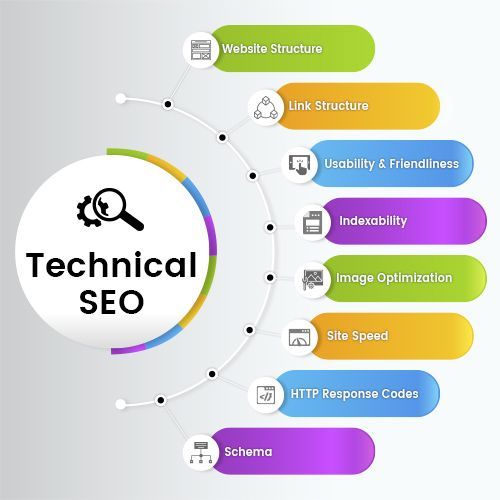
4. Establishing Links
The practice of obtaining backlinks from other trustworthy websites is known as link building. As votes of confidence, backlinks let search engines know that a piece of content is reliable and worthwhile. A site’s authority and rankings can be raised by high-quality backlinks.
Guest blogging, reaching out to influencers, and producing engaging material are all techniques for constructing links.
5. Content Promotion
SEO is centred on content. Not only does well-written, pertinent content draw in visitors, but it also motivates them to stay on the page and interact with it.
Producing educational blog posts, films, infographics, and other media that cater to the target audience’s needs should be the main goal of content marketing strategy.
Top Strategies for Successful SEO
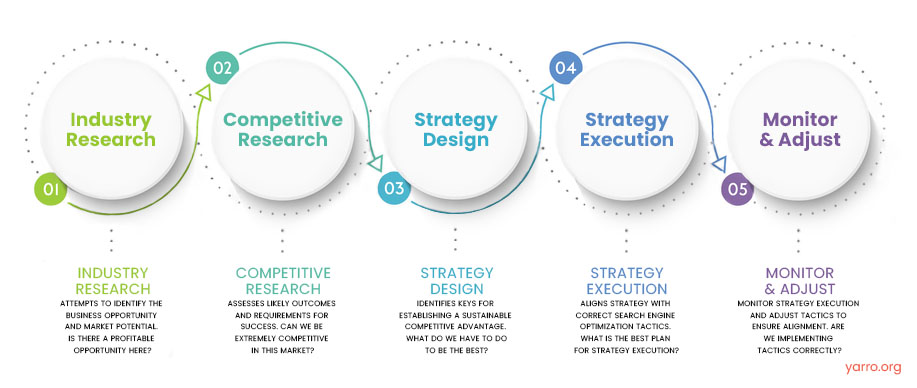
Businesses that want to get the most out of SEO should use best practices that follow the newest algorithms and trends:
1.Keep abreast on Algorithm Updates
Search engines constantly make algorithmic changes to enhance user experience and thwart spam. Maintaining and raising ranks requires being aware of these changes. Reading SEO blogs on a regular basis and following business leaders can yield insightful information.
2. Pay attention to local SEO
Local SEO is crucial for companies that have physical locations. Claiming and improving Google My Business listings, promoting customer ratings, and employing location-based keywords are all part of optimising for local search. This guarantees that local clients can locate and interact with the company with ease.
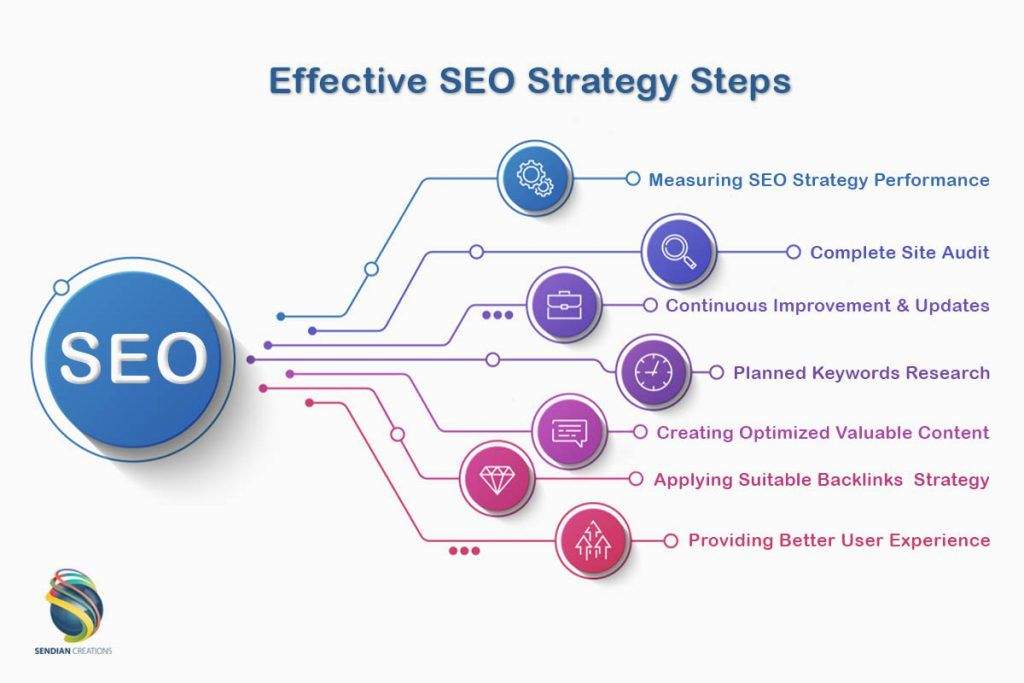
3. Utilising Mobile Devices
Increasingly, people are visiting websites through mobile devices, so it is imperative to optimise for mobile. Google now uses mobile-first indexing, which makes a website’s mobile version the primary version. For mobile SEO, it’s imperative to have a responsive design, quick loading times, and easy-to-use navigation.
4. Measure Performance via Analytics
Gaining insight into the effectiveness of SEO techniques can be achieved by using tools such as Google Analytics and Google Search Console. By tracking user behaviour, conversion rates, and organic traffic, these solutions help businesses make data-driven decisions for ongoing development.
5. Prioritise Quality Over Quantity
Despite the temptation to produce a lot of information, prioritising quality is crucial. Content need to benefit users, address their concerns, and offer solutions. Content that is interesting and educational has a higher chance of gaining backlinks and shares, which boosts SEO efforts all around.
In summary
SEO is a crucial part of any successful digital marketing plan in today’s cutthroat digital environment. Enhancing a brand’s online presence through increased visibility, organic traffic, and trustworthiness are just a few of the ways SEO builds consumer trust. Long-term success will be ensured by staying ahead of the curve with current SEO techniques as search engines continue to improve.
Since SEO may provide substantial returns on time and resource investments, it is essential for companies hoping to prosper in the digital era.
